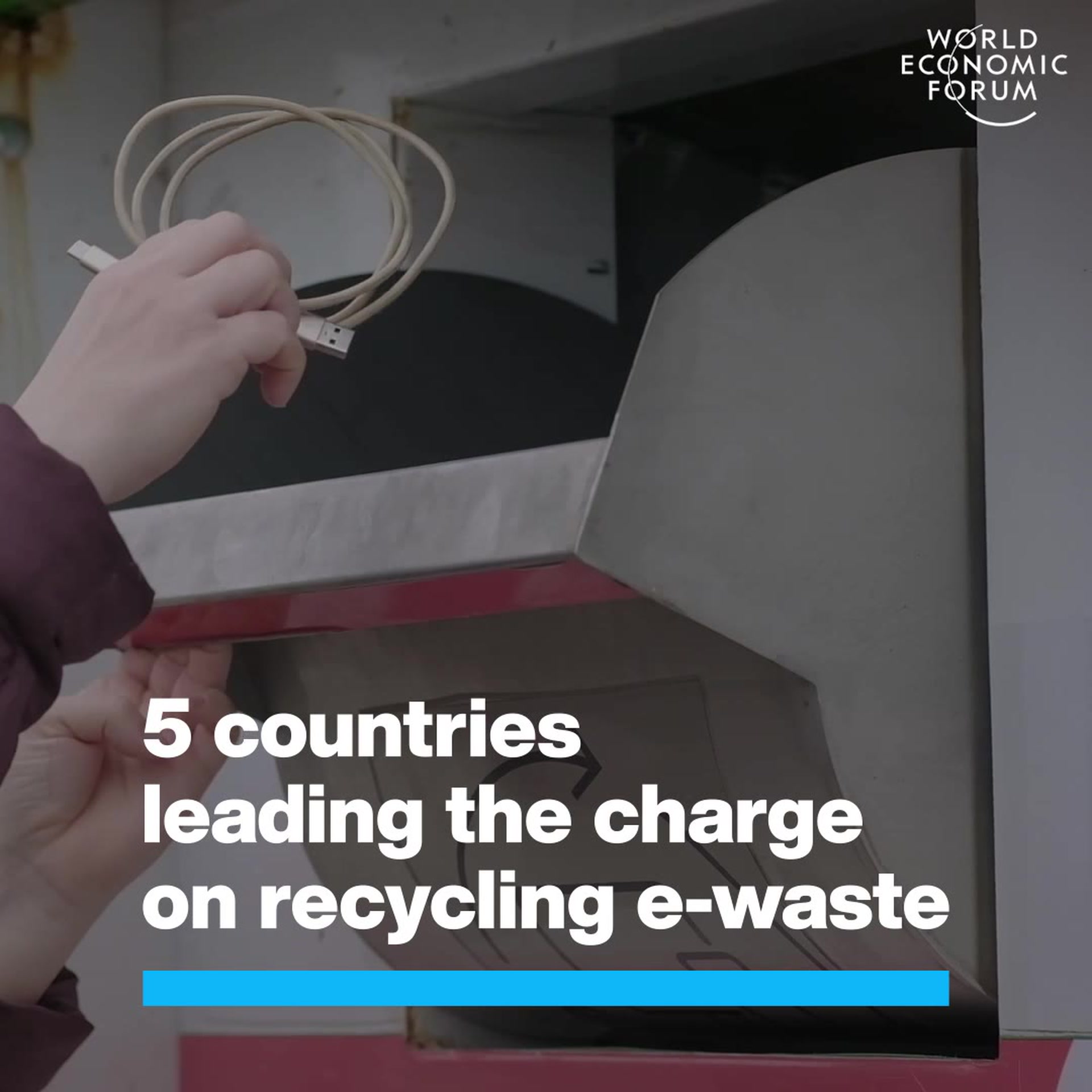Haunting underwater photos warn of the devastating impact of rising sea levels on the Pacific islands

On the frontline of the climate crisis, the Pacific islands are vulnerable to the worst effects of extreme weather events. Image: Sink Rise/Nick Brandt

Get involved with our crowdsourced digital platform to deliver impact at scale
Stay up to date:
Climate and Nature
- This photographer's underwater photo series captures the devastating impacts of rising sea levels.
- The inhabitants of the Pacific islands are vulnerable to the worst effects of extreme weather events caused by the climate crisis.
- Climate and environmental risks are the biggest global risks over the next decade, according to the World Economic Forum Global Risks Report 2023.
What would you do if you were told your home will soon be completely underwater?
For Pacific Ocean communities, this is no longer just a question but a reality they are being forced to face as a result of the climate crisis.
Fine art photographer, Nick Brandt, reveals his latest photo series focusing on the inhabitants of the Fijian islands, who fear their future will be lost to rising sea levels and climate degradation.
SINK/RISE is the third chapter of The Day May Break, his global series capturing the people and animals for whom climate disruption is not a theoretical issue, but an inescapable part of daily life.

These haunting real-time images capture Pacific islanders holding their breath on the ocean floor, surrounded by broken pieces of coral, symbolizing the disproportionate impact of the climate crisis on this region.
What impact is climate change having on the Pacific islands?
On the frontline of the climate crisis, the Pacific islands are vulnerable to the worst effects of extreme weather events.
According to a report by the World Meteorological Organization, water levels in the South-West Pacific are rising about 4mm per year – faster than the global average.
Battered by tropical cyclones in recent years, Fiji has experienced devastating flooding, leading to loss of life, mass displacement and large-scale economic consequences. In the face of such devastation, it’s perhaps unsurprising the Fijian government considers climate change as the gravest security threat in the Asia-Pacific region.
Environmental and climate risks dominate global risk perceptions for the next decade, according to the World Economic Forum Global Risks Report 2023.

How is the World Economic Forum fighting the climate crisis?
As extreme weather events become more frequent, the livelihoods of those living in the most climate-vulnerable countries become increasingly precarious.
This was the driving force behind Brandt’s deep-dive photo series. In his self-termed “pre-apocalyptic” shoot, he wanted to visualize the impact sea level rise will have on the lives of millions of people.
The inhabitants of these small Pacific island states are being heavily impacted by the climate crisis – despite only being responsible for 0.03% of global greenhouse gas emissions.
Global collaboration is vital for advancing climate solutions
The World Economic Forum’s Global Future Council on the Future of Philanthropy for Climate and Nature focuses on the need for collaboration to respond to the urgent demands of the climate emergency – as public-private collaboration is critical in the global effort to accelerate climate action.
The COP28 summit has made history with a world-first “loss and damage” fund agreed by delegates to help countries cope with the costs of climate damage. Wealthy nations have so far pledged over $700 million to the fund, according to the latest reports at the time of writing.
The Global Risks Report highlights that as the world experiences more extreme weather events, such as flooding, heatwaves and droughts, a wider set of populations will be affected.
Brandt says he sees a sign of hope in this image, as though “the older generation is lifting the younger generation up towards the light”.
The impact of the climate crisis means 42 Fijian villages are likely to relocate in the next 5-10 years, with lifelong residents leaving their homes to secure a future for the next generation.
Don't miss any update on this topic
Create a free account and access your personalized content collection with our latest publications and analyses.
License and Republishing
World Economic Forum articles may be republished in accordance with the Creative Commons Attribution-NonCommercial-NoDerivatives 4.0 International Public License, and in accordance with our Terms of Use.
The views expressed in this article are those of the author alone and not the World Economic Forum.
Related topics:
The Agenda Weekly
A weekly update of the most important issues driving the global agenda
You can unsubscribe at any time using the link in our emails. For more details, review our privacy policy.
More on Climate ActionSee all
Neeshad Shafi
May 1, 2024
Johnny Wood
May 1, 2024
Nils Aldag and Christopher Frey
May 1, 2024
Pooja Chhabria and Michelle Meineke
April 28, 2024
Lisa Donahue and Vance Scott
April 28, 2024









